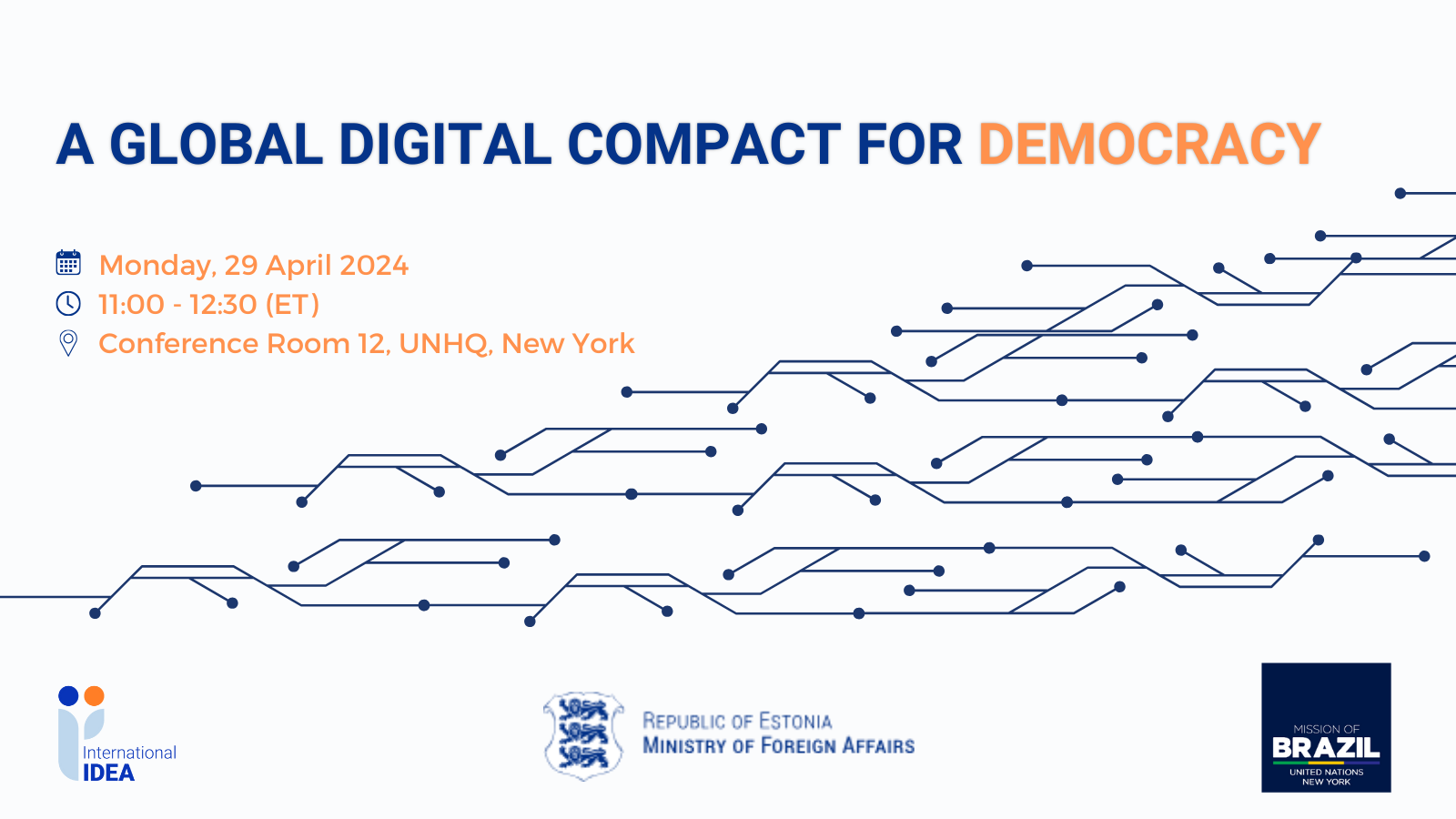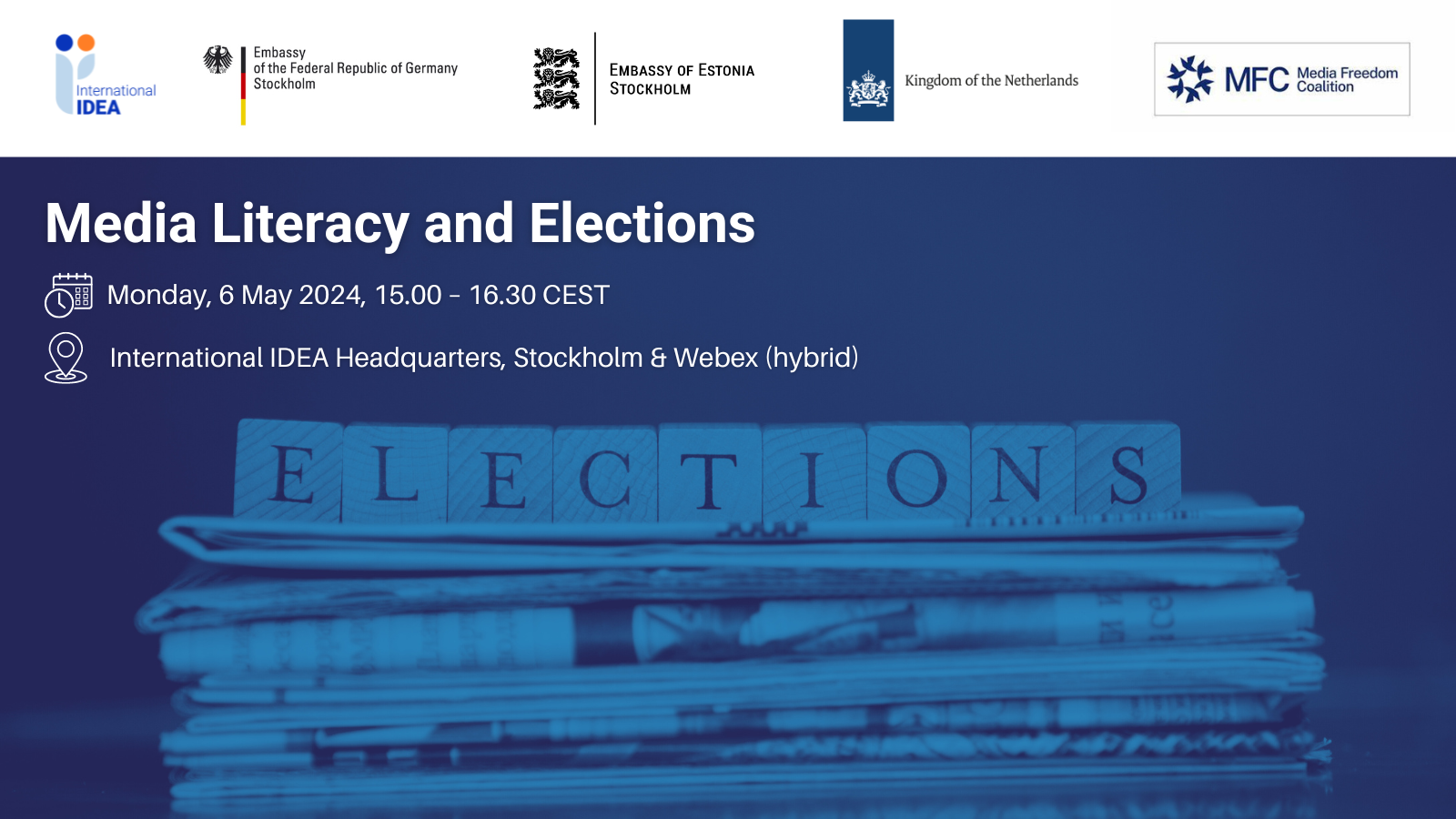Boosting relations in the democratic Himalayan Kingdom of Bhutan
The Kingdom of Bhutan is often overlooked when you look at the vast map of Asia. Sandwiched in between two giants, China and India, Bhutan has been a democracy since 2008. Unlike other Asian countries like Indonesia, the Philippines or Nepal, where democracy was a bottom-up demand, in Bhutan, democracy was the wish of His Majesty Jigme Singye Wangchuk, the Fourth King and father of the current King, the Druk Gyalpo Jigme Khesar Namgyel Wangchuck. The transition to democracy led to the great need for educating citizens on what democracy is and what it means to them. Fundamental democratic state institutions established due to the shift to democracy, such as the electoral management body and the parliament, were also in need of capacity development. Those needs are still felt today.
International IDEA began working in Bhutan in 2012, initially at the request of the Election Commission of Bhutan. Later, International IDEA also provided assistance to the two houses of parliament, the National Assembly and the National Council. The focus of its work has been capacity development, which enhances the ability of those institutions to function. Since the beginning, International IDEA emphasis has been on increasing the knowledge and skills of leadership and staff of those partner institutions. Over this support has consisted of trainings, mentorships, work placement and fellowship programmes aimed at professional development. To improve the function of the institutions, support has also been given to the joint development of strategic document and manuals that would allow optimum functioning of those institutions. One example is the Voter Information, Voter Education and Civic Education (VIVECE) Strategy for the Election Commission or the Legislative Drafting Manual.
The High-Level Visit
Four years after commencing activities in Bhutan, it felt appropriate for International IDEA to now conduct a first high-level visit. The delegation comprises of His Excellency Gonchig Ganbold, Mongolia’s Ambassador to Bhutan, representing his country as this year’s Chair of International IDEA, Leena Rikkila Tamang, International IDEA’s Director for Asia and the Pacific and International DEA’s Country Programme Manager for Bhutan.
During the visit, the delegation will meet with the Prime Minister, the Leader of Opposition, the Minister of Foreign Affairs as well as leaders of International IDEA’s state and non-state partner institutions. A public lecture will also take place at the Royal Thimphu College where university students will be presented with Mongolia’s democratic experiences and the findings of the recent Annual Democracy Forum held in Ulaanbaatar, Mongolia. Experience sharing among democratic countries is at the forefront of International IDEA’s work. More specifically, sharing experiences in transitions to democracy is highly regarded by Mongolia as Chair of IDEA as an essential part of democracy building process. While contexts are different among countries, there are common threads found as highlighted by International IDEA’s book entitled “Democratic Transitions: Lessons learned from Leaders” .



